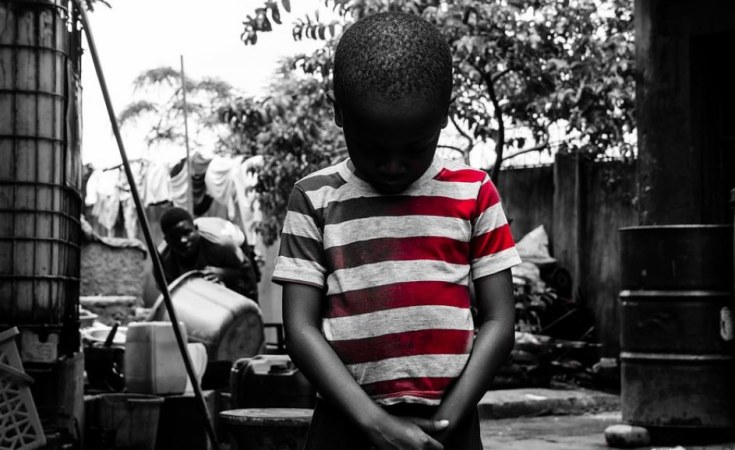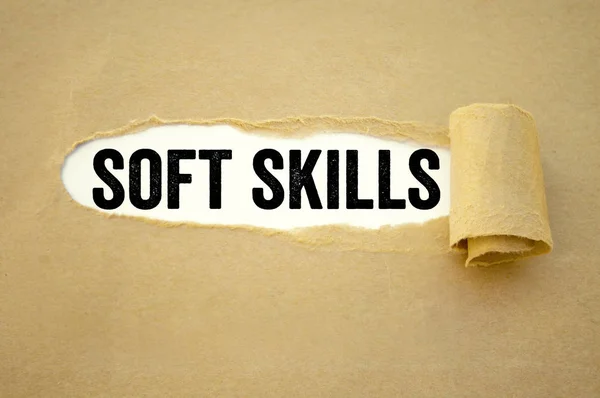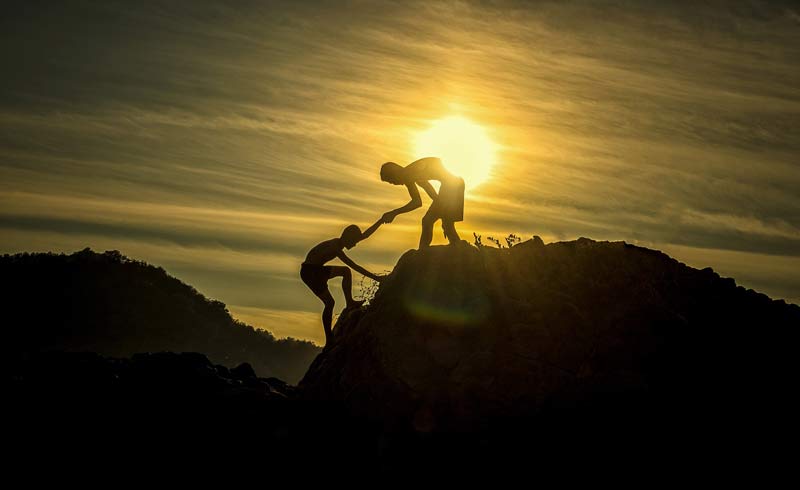From the bustling markets of Lagos to the rural farmlands of Cameroon, one common thread weaves through the aspirations of many: the desire for financial freedom and prosperity.
Countless individuals and communities grapple with financial uncertainty because people often overlook the barriers to wealth education in Africa.
Barriers to wealth education in Africa
Wealth education is the process of acquiring knowledge and skills to manage one’s finances, assets, and investments.
It can help people achieve their financial goals, reduce poverty, and improve their quality of life.
However, wealth education faces many barriers in Africa, such as:
Inequality and poverty
High levels of economic and wealth disparity exist in many African nations, which restrict access to and chances for education for underprivileged populations.
Children in Ghana’s richest 20% of households spend on average six more years in school than children in the lowest 20% of households, according to the UN.
Having the triple disadvantage of being poor, rural, and female. In northern Nigeria, Hausa females in this group attend school for an average of less than one year, compared to nine years for rich metropolitan boys.
Lack of quality teachers and resources
More specifically, in the fields of science, technology, engineering, and mathematics (STEM), many African nations face a teacher shortage.
According to the UNESCO Institute for Statistics, the proportion of trained teachers in Sub-Saharan Africa was 61% in 2020.
This is a significant improvement from 2000 when the proportion was only 42%.
However, there is still a large gap between the number of trained teachers and the number of teachers needed to meet the region’s educational goals.
The proportion of trained teachers varies from country to country in Sub-Saharan Africa.
Some countries, such as Mauritius, have a very high proportion of trained teachers, while others, such as the Democratic Republic of the Congo, have a very low proportion.
Several factors contribute to the shortage of trained teachers in Sub-Saharan Africa. One factor is the rapid growth of the school-age population.
Another factor is the high rate of teacher attrition. Many teachers leave the profession due to low salaries, poor working conditions, and a lack of professional development opportunities.
The shortage of trained teachers has several negative consequences for education in Sub-Saharan Africa.
Trained teachers are more likely to have the knowledge and skills to provide quality instruction.
They are also more likely to be motivated and committed to their profession.
Low awareness and demand
Many African communities do not value formal education or wealth education as much as other forms of knowledge or skills.
Some parents prefer to send their children to work on farms or mines rather than to school.
Some cultures also discourage girls from pursuing education or careers that are considered masculine or inappropriate for their gender roles.
Additionally, many people do not have access to reliable and relevant information on financial literacy, entrepreneurship, or investment opportunities.
Conflict and instability
Many African countries face political, social, and economic challenges that disrupt the provision and continuity of education.
Conflict, violence, displacement, corruption, and poor governance can affect the security, funding, quality, and accountability of education systems.
Furthermore, these factors can also create psychological and emotional barriers for learners and educators who may face trauma, stress, or fear.
These are some of the barriers to wealth education in Africa that need to be addressed by governments, civil society, the private sector, and international partners.
Wealth education can be a powerful tool for empowering individuals and communities to overcome poverty and inequality and achieve sustainable development.
Challenges in implementing wealth education in Africa
Some of the challenges of implementing wealth education programs in Africa are:
Inadequate funding and resources
Many African countries face budget constraints and competing priorities that limit their investment in education, especially in wealth education.
According to a report by UNESCO, the average public expenditure on education in sub-Saharan Africa was 4.5% of GDP and 16.6% of total government expenditure in 2018, which is below the global averages of 4.8% and 14.5%, respectively.
Moreover, many schools lack adequate infrastructure, materials, and technology to support effective teaching and learning in wealth education.
Insufficient teacher training and capacity
Several African instructors lack the expertise, skills, and drive to properly teach wealth education.
According to UNICEF and African Union Commission research, only 64% of primary school teachers and 50% of secondary school teachers in Sub-Saharan Africa received national standards-based training in 2018.
Additionally, many instructors do not have access to ongoing professional development, mentorship, or performance rewards.
Digital Divide
Several African countries fall behind in terms of digital technology adoption and use for education. According to the World Bank, just 18% of Sub-Saharan African households had home internet connectivity in 2017.
Moreover, many schools lack the connection, technology, and material needed to allow online or blended instruction.
This is a barrier for wealth education initiatives that rely on digital platforms or technologies to be implemented.
Solutions to overcome the challenges of implementing wealth education
Some innovative solutions to overcome the challenges of implementing wealth education programs in Africa are:
Math meets hip-hop:
Learning numbers with rap music. This is a project that uses rap songs and videos to teach math concepts and skills to students in South Africa.
The project aims to make math more fun, relevant, and accessible for learners who may struggle with traditional methods of instruction. The project also promotes cultural diversity, creativity, and critical thinking.
Mobile Schools:
Travel with your school. This is a model that provides education to children in remote or nomadic communities in Kenya, Ethiopia, and Tanzania.
The mobile schools are equipped with tents, books, solar panels, and laptops that can be transported by trucks or camels.
The mobile schools follow the curriculum of the host country and adapt to the needs and culture of the learners.
Crowdfunding fees with Feenix:
School fees are no longer an excuse. This is a platform that connects students who need financial support for their tertiary education with donors who can fund their fees.
The platform operates in South Africa and aims to address the problems of student debt and dropout rates.
The platform also provides mentorship and career guidance to students
E-learning is growing.
There is now an app for that. This is a trend that involves using digital technologies and platforms to deliver education to learners across Africa.
Some examples of e-learning initiatives are Bridge International Academies, which operates low-cost private schools that use tablets and smartphones to deliver standardized lessons;
Ustad Mobile, which provides offline access to educational content through mobile devices; and Eneza Education, which offers interactive quizzes, tutorials, and tips via SMS.
Learning through Robotics:
It’s never too early to get started. This is a strategy that uses robotics as a tool to teach STEM subjects and skills to young learners in Africa.
Some examples of robotics programs are the WAAW Foundation, which runs robotics camps and clubs for girls in Nigeria, Ghana, Kenya, Ethiopia, and Malawi;
the African Robotics Network, which organizes an annual robotics challenge for African students; and Robotics for All, which provides robotics kits and training to schools in Uganda.
Final Thoughts
In Africa, the hurdles to wealth education are closely connected, resulting in a web of difficulties ranging from financial constraints and inadequate government initiatives to cultural norms and emotional issues.
These impediments, however, have an impact on more than just individual goals and aspirations; they have a rippling effect, influencing communities, cultures, and, eventually, the destiny of the continent.
Get involved in grassroots initiatives, support educational reforms, or simply take the time to educate those around you.
As we’ve seen, solutions don’t always have to be grandiose; sometimes, the most profound change starts with a single step, taken together.











